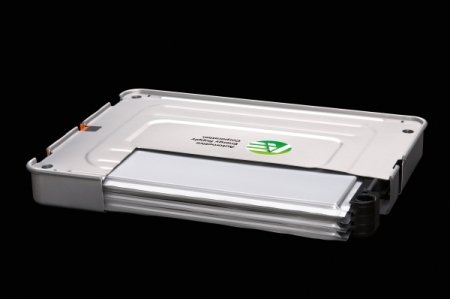Pact shows continuation of agreement signed last year
Yesterday BMW and Toyota announced that they are working jointly on the development of next generation lithium ion battery technology. We first wrote about this possibility in December of last year. This announcement states that they will collaborate on the design, and that the work has already started.
This marks a significant shift for Toyota specifically, as their hybrids have used nickel metal hydride batteries since the inception of the Prius, and which technology is still found in the current Prius and Camry hybrids. The plug in Prius will use lithium ion technology – a first for Toyota. The search for more technologically advanced lithium ion technology means that some seriously deep pockets are behind this move. Certainly Nissan and battery manufacturing heavyweights have been looking to improve on existing technology, along with a slew of young university talent, with some promising developments being uncovered along the way. With the issues coming to light in the industry lately of battery technology malfunctions, perhaps some of the financial types that thought of stringing a bunch of laptop batteries together to propel an electric car are rethinking their strategy. Certainly it can be done, as Tesla can attest to, but is it the right path to follow?
As we pointed out in our earlier article, Toyota also looks to gain access to BMW’s clean diesel technology as part of this agreement. With gasoline prices inevitably maintaining their ever upward move, without doubt we will see more clean diesels from all manufacturers making their way to our shores. Toyota seems interested in incorporating this technology into their own vehicles soon. We would not be surprised to see Nissan far behind.

